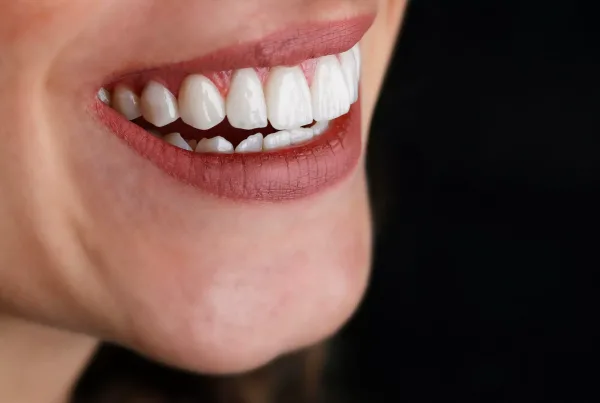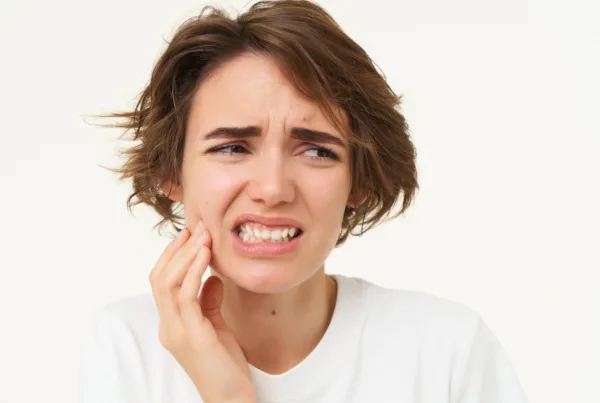Toothbrush cleaning is an important aspect of maintaining good oral hygiene. A clean toothbrush ensures that you’re effectively removing plaque, bacteria, and food particles from your teeth and gums during brushing. Here are some reasons why toothbrush cleaning is important:
- Bacteria and Germs: Your mouth contains bacteria, and some of these can transfer to your toothbrush during brushing. If you don’t clean your toothbrush regularly, these bacteria can multiply and potentially reintroduce harmful microorganisms into your mouth during subsequent brushings.
- Preventing Cross-Contamination: If you share a bathroom with others, it’s important to prevent cross-contamination of bacteria. Cleaning your toothbrush helps reduce the risk of transferring germs between family members.
- Effective Cleaning: A clean toothbrush with straight bristles is more effective at removing plaque and debris from your teeth and gums. Over time, toothpaste residue and debris can build up on the bristles, making them less efficient at cleaning.
- Prolonged Toothbrush Life: Regular cleaning of your toothbrush helps prevent the accumulation of gunk and grime that can cause bristles to break down and fray. This, in turn, prolongs the life of your toothbrush, allowing it to work effectively.
- Oral Health Maintenance: Proper brushing is a cornerstone of good oral health. If your toothbrush isn’t clean, you might not be able to effectively remove plaque and food particles, which can lead to issues like cavities, gum disease, and bad breath.
- Avoiding Illness: A dirty toothbrush can harbor harmful bacteria, increasing the risk of infections. While the risk of getting sick from your own toothbrush is relatively low, keeping it clean helps ensure optimal oral and overall health.
To keep your toothbrush clean:
- Rinse it thoroughly after each use to remove toothpaste and debris.
- Store it in an upright position and let it air-dry between uses.
- Don’t cover your toothbrush or store it in a closed container, as moisture can promote bacterial growth.
- Consider using a toothbrush sanitizer or mouthwash to rinse your toothbrush occasionally.
- Replace your toothbrush or toothbrush head every three to four months, or sooner if the bristles are frayed.
Remember that while cleaning your toothbrush is important, maintaining a consistent and thorough oral hygiene routine, including regular brushing, flossing, and professional dental check-ups, is essential for overall oral health.





